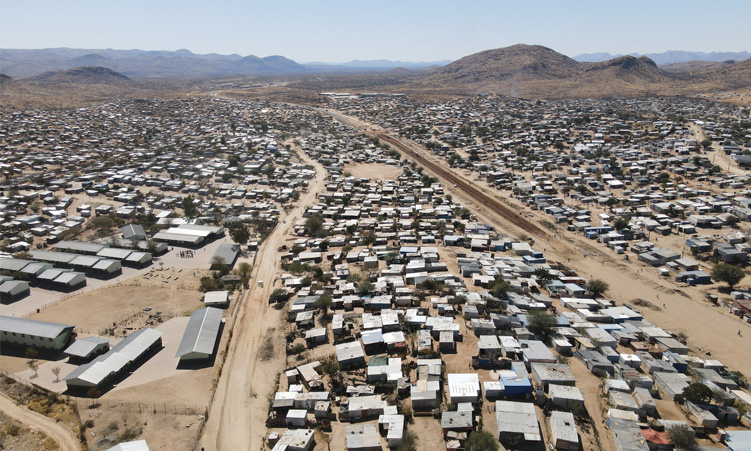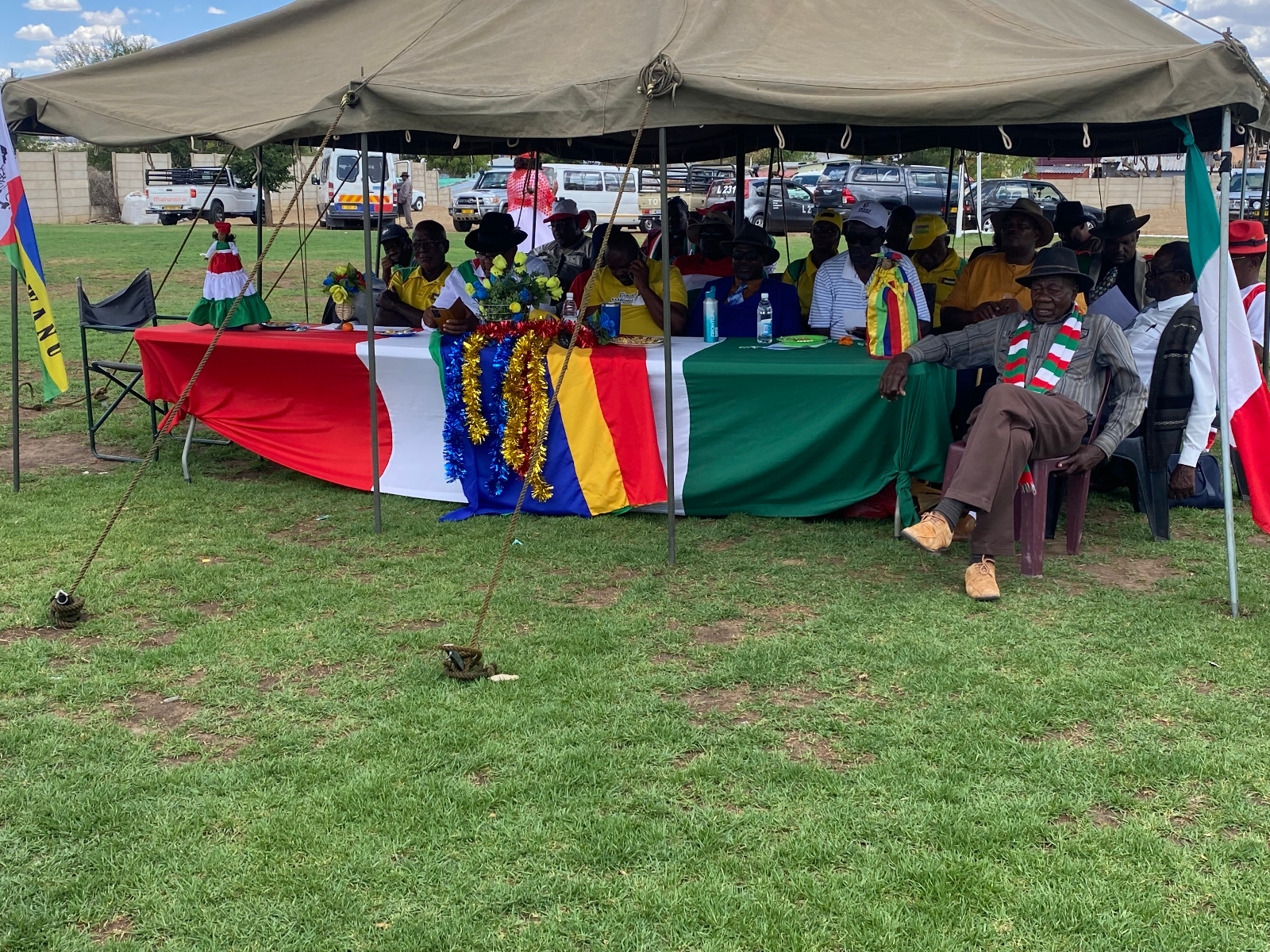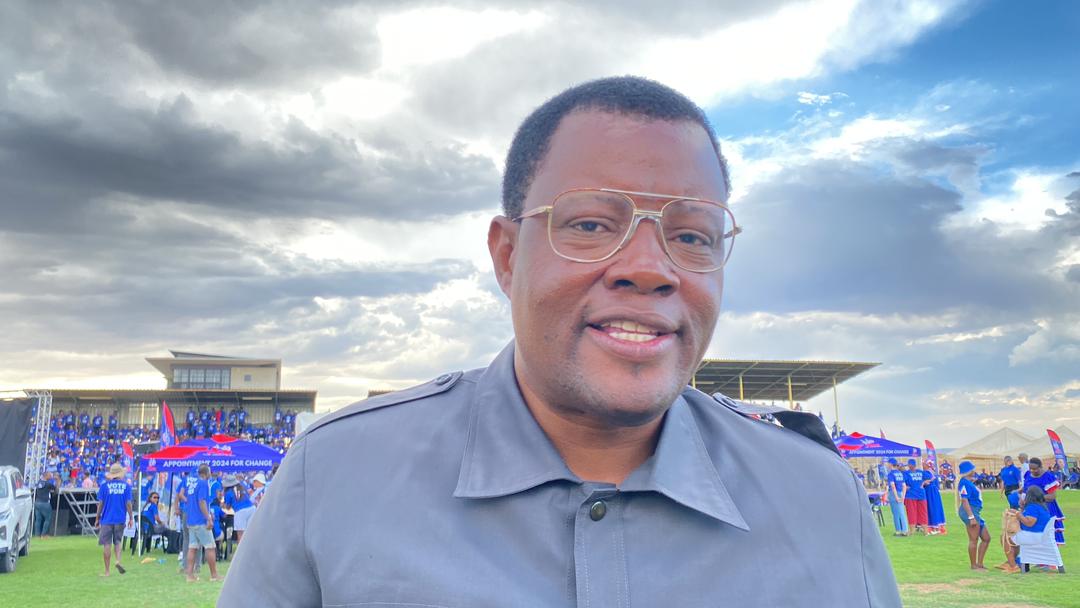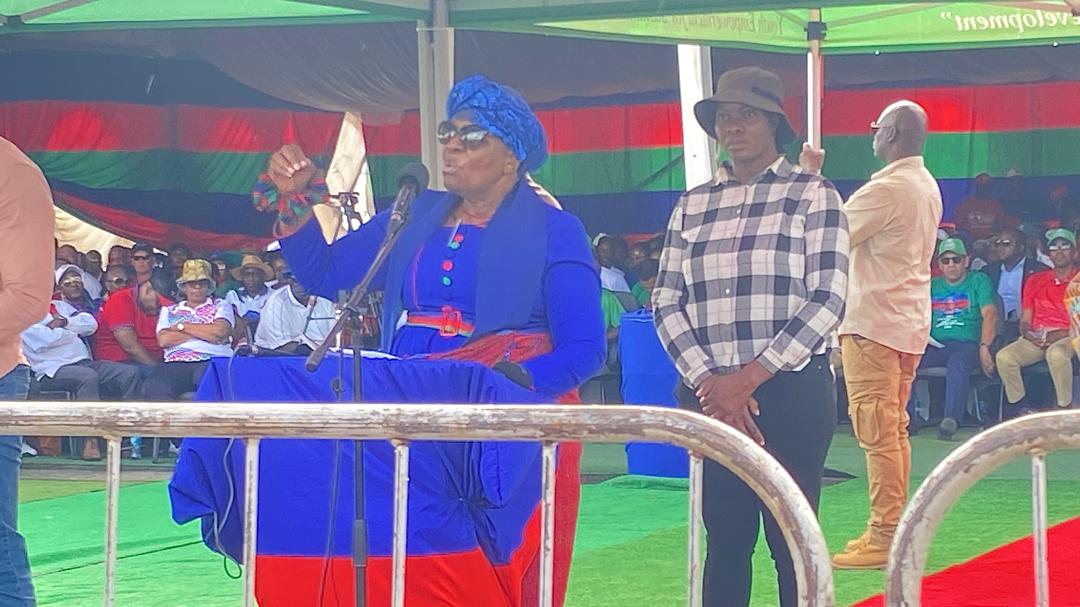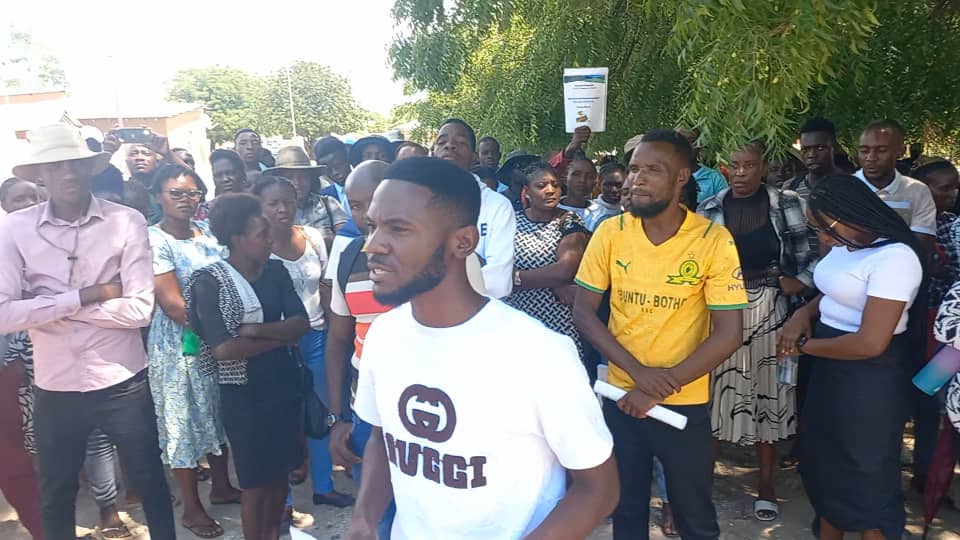The Shack Dwellers Federation of Namibia (SDFN) has welcomed an announcement by vice president Netumbo Nandi-Ndaitwah on the government’s dedication to upgrading informal settlements by 2027.
Nandi-Ndaitwah, who is also Swapo’s presidential candidate, was speaking at a party rally in the Zambezi region over the weekend.
SDFN national facilitator Edith Mbanga says the federation appreciates the vice president’s commitment to prioritising affordable land and housing.
“Following the land conference in November 2018, the government has been supporting the upgrading of informal settlements financially through the Ministry of Urban and Rural Development and the Community Land Information Programme,” she notes.
Mbanga says programmes are being implemented by the SDFN and the Namibia Housing Action Group.
“Land is scarce, but if the focus remains on upgrading informal settlements and involving communities as decision-makers to make land available and affordable, we can achieve meaningful progress.”
Mbanga urges lawmakers to allow communities to develop where they are already living, rather than relocating them.
This approach would enable Namibia to scale up housing initiatives effectively, she says.
Nandi-Ndaitwah said the government is dedicated to accelerating land redistribution, affordable housing and sanitation.
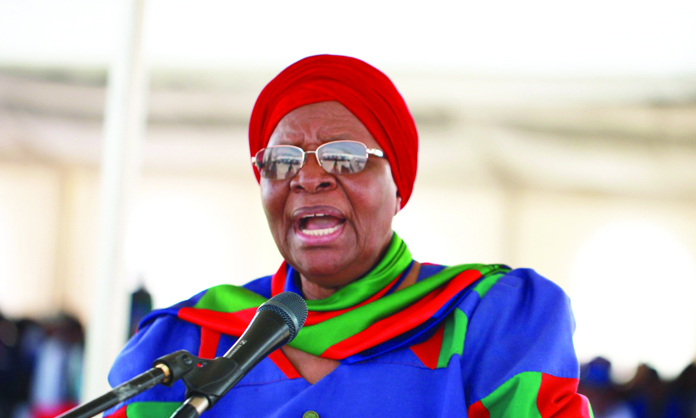
“We will focus on upgrading informal settlements and ensuring rural water security by 2027, as these are key priorities for improving living conditions for all Namibians, and quality services delivery in all sectors has to be a must for all of us,” she said.
“We are committed to promoting sustainable urban development to create a healthier, more liveable environment,” said Nandi-Ndaitwah.
The 2023 Namibia Population and Housing Census indicates that 217 000 households live in informal settlements.
The report says there are currently 756 339 households in the country, of which 28.7% live in informal housing.
The national housing backlog is currently at 300 000 units.
Meanwhile, social justice activist Nafimane Hamukoshi says the persistent reality of severe inequalities and multidimensional poverty raises doubts about the ability of Swapo to deliver on these promises.
“Many Namibians continue to experience inadequate living conditions characterised by a lack of basic services and infrastructure,” she says.
The gap between policy intentions and actual outcomes leads to scepticism among citizens who have yet to see tangible improvements in their daily lives, Hamukoshi notes.
“Without substantial evidence of progress or effective accountability mechanisms in place, it is difficult to trust that the government will fulfil its commitments to enhance social justice and living conditions for all Namibians,” she adds.
Stay informed with The Namibian – your source for credible journalism. Get in-depth reporting and opinions for
only N$85 a month. Invest in journalism, invest in democracy –
Subscribe Now!


